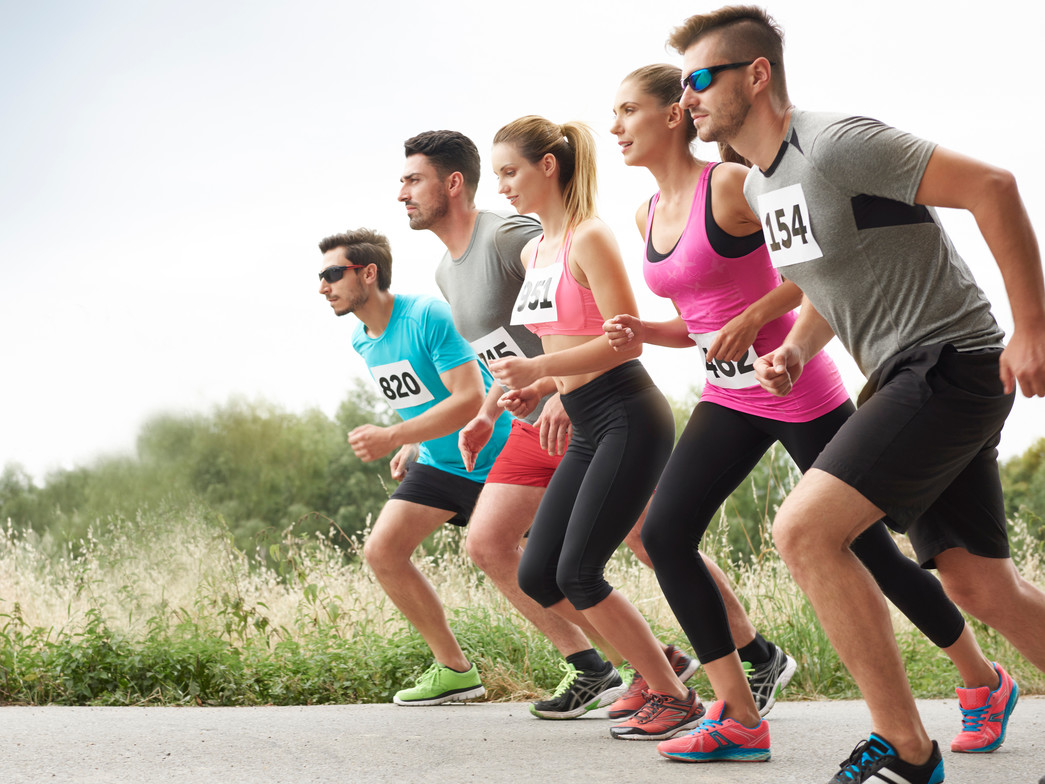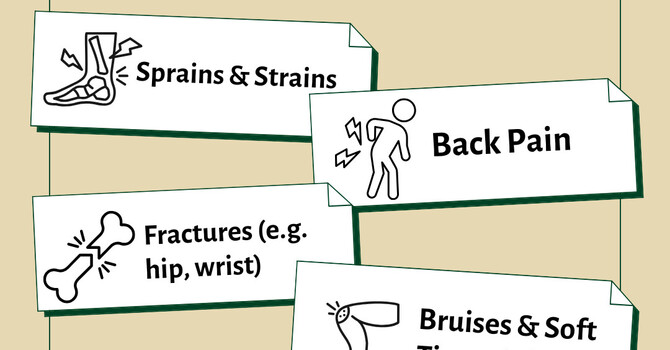
Ottawa and its surrounding region host a vibrant calendar of marathons and triathlons each year, catering to a wide range of athletes—from beginners to seasoned competitors. Training for a marathon is no small feat, and that’s where physiotherapy comes in—it’s not just for recovering from injuries, but a powerful tool to keep your body strong, balanced, and running at its best every step of the way.
Physiotherapists are trained to observe how the body moves during activities like running and cycling. Sometimes, subtle movement habits—such as reaching too far with your steps while running or sitting unevenly on your bike—can place added strain on muscles and joints. Over time, this can increase the risk of discomfort or injury. A physiotherapist can assess your movement patterns, provide education on how to move more efficiently, and offer strategies that may help reduce the chance of injury. Early detection and correction help prevent common injuries such as:
- Runner’s knee (patellofemoral pain syndrome): Is a common overuse injury that causes pain around the front of the knee, especially during or after long runs. It often results from repetitive stress, muscle imbalances, or poor running mechanics.
- Iliotibial Band (ITB) Syndrome: Is one of the most common overuse injuries among marathon runners, often caused by repetitive strain and poor biomechanics. It typically presents as sharp pain on the outside of the knee and can seriously derail training if not addressed early with proper stretching, strengthening, and physiotherapy.
- Lower back strain: During marathon training often results from poor core stability, improper running posture, or muscle imbalances. Without proper attention, it can lead to chronic discomfort and impact performance, making core strengthening and regular physiotherapy key components of a successful training plan.
Performance isn’t just about mileage—it’s about how well your body supports and transfers force. Physiotherapists design personalized strength programs to:
-
Activate underused muscles (e.g., glutes, deep core)
-
Improve joint stability and range of motion
-
Build resilience against fatigue-related injuries
This leads to better form, improved endurance, and more efficient energy use during training and competition.
Training for a marathon is a journey that challenges both your body and mind—and physiotherapy can be a key part of your success. By addressing movement patterns, building strength, and helping you recover effectively, physiotherapists support runners in staying injury-free and performing at their best. Whether you're aiming for your first finish line or a personal best, including physiotherapy in your training plan helps ensure that every step forward is strong, safe, and sustainable.
Premier Physiotherapy is here to help!


